Menopause Diet: Foods To Relieve Symptoms And Aid Weight Loss
Maintain your hormonal balance and embrace change with this nutrient-rich diet.
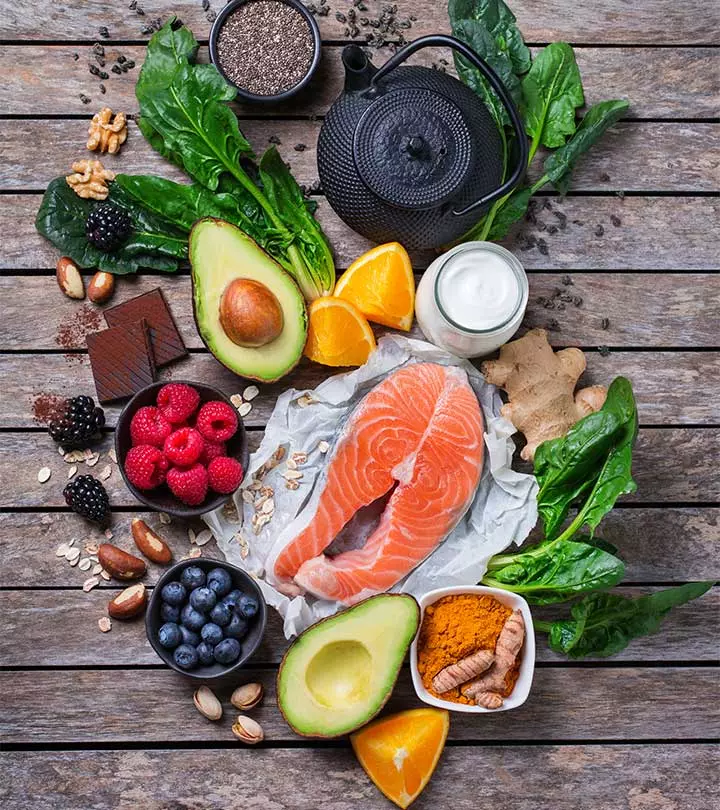
Image: Shutterstock
The menopausal journey brings a range of physical and emotional challenges for women, from night sweats and mood swings to weight gain and slowed metabolism. Following the menopause diet, apart from undergoing menopausal therapy, is a good way to gain relief from these symptoms. The menopause diet focuses on the power of wholesome, nutrient-rich food to address the concerns of women going through this phase. In this article, we have listed foods to eat, foods to avoid, and a sample diet plan. Read on!
 At A Glance: Menopause Diet
At A Glance: Menopause Diet- Principle: Focuses on the intake of balanced, nutrient-dense food.
- Purpose: To improve overall well-being and alleviate the symptoms of menopause.
- Who It Is For: Individuals going through menopause.
- Duration: Long-term
- Who Should Avoid: People with (a history of) eating disorders or who are allergic to nuts, dairy, or soy.
- Cons: May lead to disordered eating.
In This Article
What Is The Menopause Diet?
The menopause diet is designed to address the physical and hormonal changes and symptoms women experience during menopause. This diet emphasizes the need for balanced nutrition with a focus on foods like dairy and soy products that are rich in protein and healthy fats. These foods are high in fiber and plant-based compounds that may alleviate menopausal symptoms like hot flashes, night sweats, and mood swings and aid weight loss. This diet also limits the intake of processed foods, refined sugars, caffeine, and alcohol to minimize the potential triggers for these symptoms.
 Did You Know?
Did You Know?Consuming nutrient-rich food may help gain relief from menopausal symptoms. Scroll down to check out the list of foods to include in this diet.
Key Takeaways
- The menopause diet is a well-balanced plan designed to address the physical and emotional changes that occur during menopause and keep your body healthy during this phase.
- It is rich in fiber, protein, and fats that help alleviate symptoms like hot flashes, disturbed sleep, and joint pain.
- Limiting the intake of processed foods, refined sugar, and spicy and salty foods also helps improve the symptoms associated with this condition.
Foods To Eat During Menopause
- Dietary Protein
The natural decline of estrogen levels during menopause is linked with a decrease in bone mass (1). Proteins play a key role in maintaining muscle tissue and help mitigate muscle loss (2). According to the European Society for Clinical and Economic Aspects of Osteoporosis and Osteoarthritis (ESCEO), the ideal protein intake for menopausal women is 1.0-1.2g/kg body weight/day, with at least 20-25 g of high-quality protein with each main meal, to prevent age-related musculoskeletal problems (3). During this stage, women are at a higher risk of osteoporosis, and consuming enough milk and meat that is high in protein may help support bone health (4). If you are vegan or vegetarian, you can include soy foods, legumes, and plant-based meat as substitutes. Some women may experience changes in body composition during this period, and the intake of adequate protein can aid in weight management by increasing satiety (feeling of fullness) (5).
- Healthy Fats
Including healthy fats in the diet offers essential nutrients and helps manage certain menopausal symptoms. Omega-3 fats are one such healthy fat that help women during menopause. These fats are commonly found in fish, flaxseeds, sesame seeds, and walnuts, and exhibit anti-inflammatory properties that help reduce joint inflammation, which may be a common symptom during this stage (6). Opt for baking and steaming over frying to cook fish to retain its nutrients.
A study conducted by the Oklahoma State University (USA) found that regular consumption of approximately 30 g of flaxseed – which is rich in omega-3 fats, fiber, and lignansi Antioxidant plant compounds that help reduce the risk of heart diseases, balance hormones, and prevent breast and prostate cancers. – lowers cholesterol levels and reduces the risk of cardiovascular disease in postmenopausal women (7).
Additionally, these fats may help relieve hot flashes and symptoms of depressive cognitive disorders in menopausal women, though more research is warranted in this regard (8).
- Dairy Products
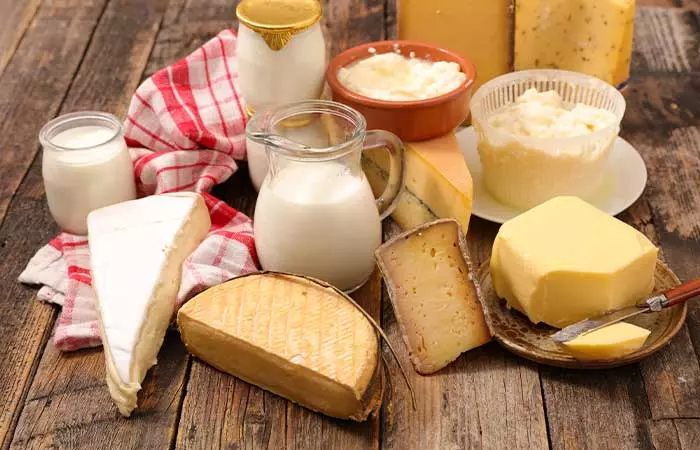
Dairy products are rich in nutrients that help support bone health. They contain protein, calcium, potassium, phosphorus, and vitamin D that improve bone and help reduce the risk of fractures, especially hip fracture (9).
Women over 50 are more susceptible to bone mineral loss and are recommended to consume 1200 mg of calcium per day (10). Dairy products like milk and yogurt are good sources of protein and calcium, which are essential for muscle health at this stage. Consumption of 1 cup of milk per day provides 100 mg of calcium (11).
Sleep disorders are commonly reported problems in those going through menopause, and consuming dairy products rich in amino acids like tryptophan and glycine may improve sleep quality (12). They may also aid weight management when consumed in moderation. However, avoid consuming full-fat dairy products and flavored yogurt with added sugars as they may lead to weight gain.
According to a study published in The British Journal Of Nutrition, postmenopausal women who were supplemented with fortified dairy foods experienced a substantial improvement in their total body bone mineral density (BMD) at 12 and 20 months compared to the control group.

Changes In Total Body BMD In Postmenopausal Women Supplemented With Fortified Dairy Foods
Source: https://www.ncbi.nlm.nih.gov/core/lw/2.0/html/tileshop_pmc/tileshop_pmc_inline.html?title=Click%20on%20image%20to%20zoom&p=PMC3&id=6521786_S0007114518003859_fig1.jpg- Soy Products
Soy foods, such as edamame, tofu, and soy milk, are rich in high-quality protein (13). They contain plant-based compounds such as phytoestrogensi Plant-based compounds with a chemical structure similar to estrogen that help in hormone balance and relieve menopause symptoms. that help reduce the risk of menopausal symptoms, hormone-dependent cancers, osteoporosis, and cardiovascular diseases (14).
Research shows that herbal supplements containing soy isoflavones may help reduce the frequency of hot flashes (15). Soy isoflavones also help improve bone health by mobilizing the calcium uptake process (16).
- Fruits And Vegetables
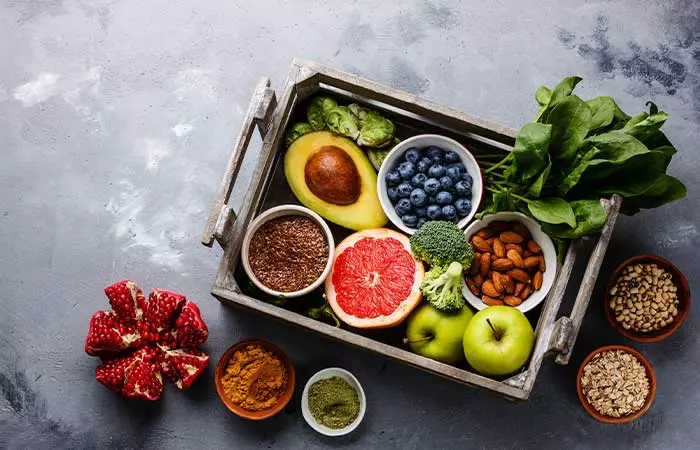
The intake of a balanced diet that includes a variety of fruits and vegetables is essential to improve and maintain your overall health, especially during menopause. They are good sources of antioxidants, phytochemicalsi Natural compounds found in plants that have antioxidant and anti-inflammatory properties. , nutrients, anti-inflammatory agents, and phytoestrogens that aid disease prevention (17). Phytoestrogens are plant compounds found in several fruits and vegetables that may help alleviate menopausal symptoms like hot flashes and insomnia (18).
Fruits and vegetables are also good sources of dietary fiber that aid in weight management and ease constipation (19). In general, eating whole fruits is considered better than drinking fruit juices because the latter are typically low in fiber.
A study also found that cruciferous vegetable consumption may decrease the risk of breast cancer in postmenopausal women (20).
- Whole Grains
Whole grains are rich in essential nutrients, and including them in your diet may help address some menopausal symptoms. A diet rich in whole grains also offers protection from cancer, diabetes, and cardiovascular diseases and aids weight loss due to the dietary fiber, antioxidant, and phenolic compoundi Plant compounds with antioxidant and anti-inflammatory properties that help improve heart health and inhibit the growth of cancer cells. content (21). Whole grains such as brown rice and oats are rich in carbs that provide sustained energy, helping you feel fuller for longer, and its intake is also linked with weight management (22).
- Herbal Remedies
Incorporating herbal remedies into your diet during menopause might be beneficial as they provide natural assistance for symptom management. Black cohosh is one of the most often suggested herbs for reducing mood swings, nocturnal sweats, and hot flashes (23). It has been demonstrated to have actions similar to those of estrogen, which aid in hormone homeostasis throughout this change. Evening primrose oil, which has been shown to lessen breast soreness and hot flashes, is another popular choice. It has an abundance of gamma-linolenic acid (GLA), which is an important fatty acid that aids in hormone balance (24).
These are important food groups to include in your diet. Scroll down to know what food groups you need to avoid during this phase.
Foods To Avoid During Menopause
- Processed Foods And Added Sugars

Highly processed food contains unhealthy fats that can lead to weight gain and insulin resistance because they are often calorie-dense (25). Research shows that insulin resistance is linked with menopausal hot flashes and night sweats (26). The high intake of added sugars can also increase the risk of cardiovascular diseases and type-2 diabetes (27).
- Caffeine And Alcohol
The effects of caffeine consumption on menopausal symptoms can differ from person to person. Drinking coffee may worsen menopausal symptoms due to the chlorogenic acids present in it (28). Caffeine may also interfere with the sleep cycle and cause sleep disturbances, which are commonly experienced during menopause (29). Also, high alcohol intake increases the severity and frequency of hot flashes (30).
- Spicy And Salty Foods

Regular intake of spicy food may lead to an increase in body temperature and the frequency of hot flashes in menopausal women (31). Additionally, high sodium intake is negatively associated with bone mineral density and may cause osteoporosis in postmenopausal women (32).
The menopause diet helps in weight management. But how should you follow this diet to lose weight? Scroll down to know more.
How To Follow The Menopause Diet For Weight Loss

A menopause diet for weight loss mainly focuses on improving bone health and maintaining a healthy weight. Here is a guide on how to follow this diet to lose weight:
- Plan a balanced diet that is rich in healthy fats, fiber, carbs, and protein to maintain a healthy weight and improve your overall health.
- Pay attention to portion sizes to avoid overeating and to reach your goal weight during menopause.
- Add adequate high-quality protein to your diet to support muscle function and mass, which may deteriorate with age. Protein can also help you stay full and prevent overeating.
- Drink enough water throughout the day to maintain proper hydration. Staying hydrated plays a key role in managing your appetite and preventing excess eating.
- Minimize the intake of processed foods and refined sugars. These can cause an increase in blood sugar levels and lead to weight gain.
- Practice mindful eating and avoid distractions like watching TV or using your phone while eating. This will improve your relationship with food, and you end up eating less.
Lastly, regular exercise is essential for controlling menopause symptoms, promoting weight loss, and assessing dietary modifications. It can be beneficial to combine aerobic and strength training activities. Strength training increases metabolism and prevents fat accumulation by assisting in maintaining and growing muscle mass, which naturally decreases after menopause. Walking, cycling, and swimming are examples of aerobic exercises that help strengthen the heart and burn more calories. Try to get at least 150 total minutes of moderate-intensity aerobic exercise and two or more days of strength training every week.
Lastly, staying active and working out regularly can help you lose weight and improve your overall health.
 Pro Tip
Pro TipNote: As menopause experiences vary from person to person, it is important to consult your healthcare professional before making any changes to your diet.
Scroll down to check out a sample menopause diet plan to get started on your weight-loss journey.
Sample Menopause Diet Plan To Lose Weight
Breakfast
- 2 scrambled eggs with spinach
- A small bowl of mixed berries
- 1 slice of whole-grain toast
Lunch
- 1 bowl of quinoa and black bean salad
- 1 small whole-grain roll
- 1 bowl of lentil soup
Snacks
- ¼ cup of almonds
- 1 sliced cucumber with light cream cheese
Dinner
- 1 cup of roasted Brussels sprouts
- 1 cup of cauliflower rice
- 4 oz of grilled chicken breast
Infographic: Menopause Diet: What To Eat And Avoid
The menopause diet is filled with nutrient-dense foods that keep hot flashes at bay and strengthen your bones. Proteins, healthy fats, whole grains, and fruits and vegetables are some key elements of this diet plan. We have rounded up the foods to include in your meal plan in the infographic below. Scroll down to know more!

Illustration: StyleCraze Design Team
The menopause diet is a well-balanced plan designed to manage menopausal symptoms. It includes foods rich in healthy fats, protein, and dietary fiber that help prevent osteoporosis, improve sleep quality, and aid weight loss. In addition to this, many home remedies for hot flashes, such as drinking cold water, wearing lightweight clothing, or using cooling pillows, can provide immediate relief during this phase. Practicing portion control, including adequate calcium, staying hydrated, and limiting processed foods, alcohol, and caffeine also helps. Hence, it is recommended to consult a healthcare professional for proper guidance before making any changes to your diet.
Frequently Asked Questions
Can the menopause diet help with mood swings and emotional changes?
Yes, anecdotal evidence suggests that the menopause diet may help with mood swings and emotional changes. Foods rich in omega-3 fats, phytoestrogens, and B vitamins may help keep your mood in check. However, limited scientific data is available in this regard.
Is it necessary to count calories on the menopause diet?
It may not be necessary to count calories on the menopause diet as it depends on several factors like individual preferences and metabolism. However, if you are trying to manage your weight, then monitoring your calorie intake may be useful.
Can vegetarians or vegans follow the menopause diet?
Vegetarians and vegans can follow the menopause diet by consuming plant-based, nutrient-dense food sources that help manage weight and alleviate menopausal symptoms.
What are the long-term effects of following the menopause diet?
It may aid weight management, balance hormone levels, enhance bone health, improve sleep quality, and boost emotional well-being. However, before making any changes to your diet, it is advisable to consult your healthcare provider.
Illustration: Menopause Diet: Foods To Relieve Symptoms And Aid Weight Loss
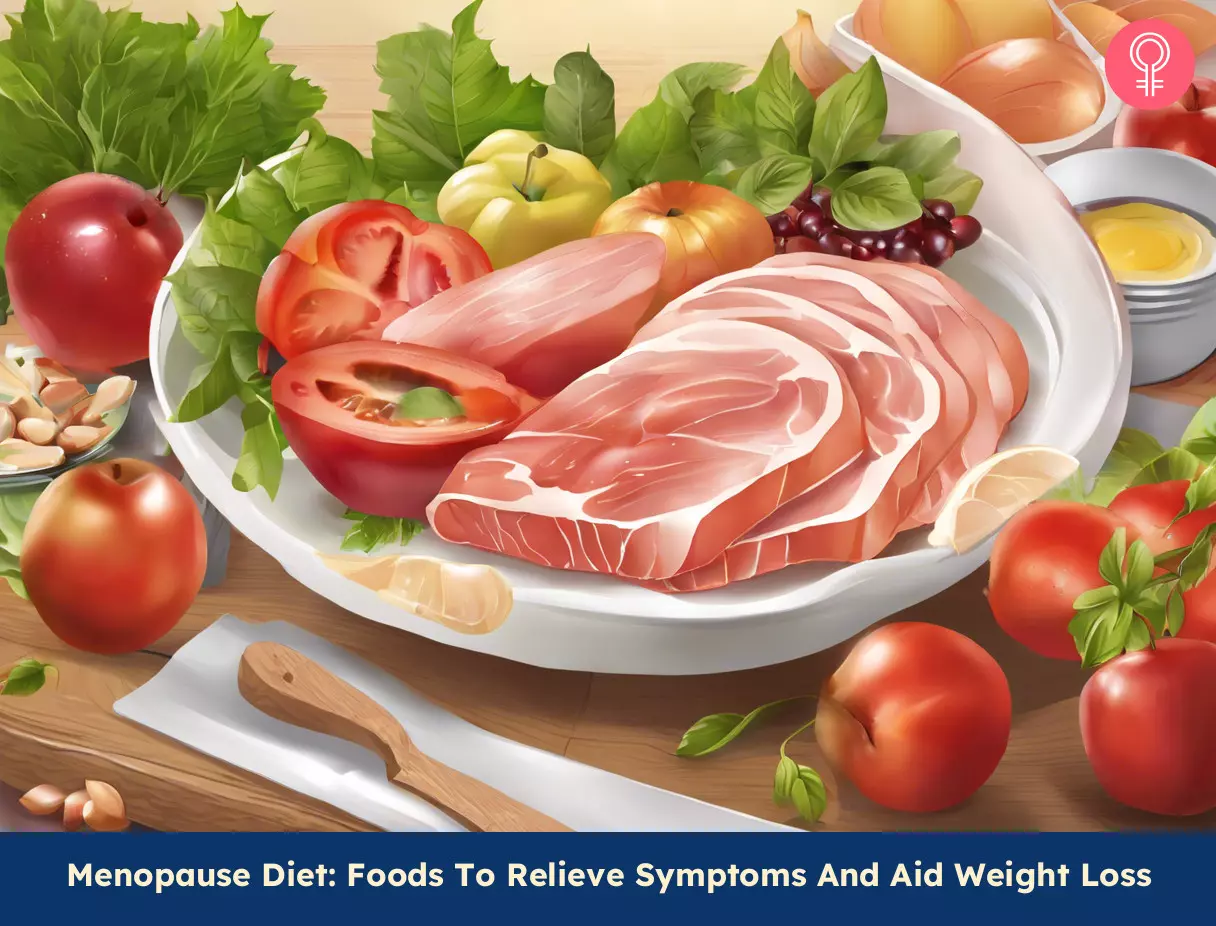
Image: Stable Diffusion/StyleCraze Design Team
Discover the power of nutrition during menopause! Watch this informative video to learn the essentials of following a balanced menopause diet to ease your symptoms.
References
Articles on StyleCraze are backed by verified information from peer-reviewed and academic research papers, reputed organizations, research institutions, and medical associations to ensure accuracy and relevance. Read our editorial policy to learn more.
- Muscle and bone mass in middle‐aged women: role of menopausal status and physical activity
https://www.ncbi.nlm.nih.gov/pmc/articles/PMC7296268/ - Changes in muscle mass and strength after menopause
https://pubmed.ncbi.nlm.nih.gov/19949277/ - The role of dietary protein and vitamin D in maintaining musculoskeletal health in postmenopausal women: a consensus statement from the European Society for Clinical and Economic Aspects of Osteoporosis and Osteoarthritis (ESCEO)
https://pubmed.ncbi.nlm.nih.gov/25082206/ - Protein Intake, Weight Loss, and Bone Mineral Density in Postmenopausal Women
https://www.ncbi.nlm.nih.gov/pmc/articles/PMC3031450/ - Nutrition in Menopausal Women: A Narrative Review
https://www.ncbi.nlm.nih.gov/pmc/articles/PMC8308420/ - Menopause-Associated Lipid Metabolic Disorders and Foods Beneficial for Postmenopausal Women
https://www.ncbi.nlm.nih.gov/pmc/articles/PMC7019719/ - Flaxseed reduces total and LDL cholesterol concentrations in Native American postmenopausal women
https://pubmed.ncbi.nlm.nih.gov/18328014/ - N-3 Polyunsatured Fatty Acids in Menopausal Transition: A Systematic Review of Depressive and Cognitive Disorders with Accompanying Vasomotor Symptoms
https://pubmed.ncbi.nlm.nih.gov/29937484/ - Dairy products, yogurts, and bone health
https://pubmed.ncbi.nlm.nih.gov/24695889/ - Calcium: Too Much of a Good Thing?
https://www.ncbi.nlm.nih.gov/pmc/articles/PMC3820141/ - Effects of Dairy Products Consumption on Health: Benefits and Beliefs—A Commentary from the Belgian Bone Club and the European Society for Clinical and Economic Aspects of Osteoporosis, Osteoarthritis and Musculoskeletal Diseases
https://www.ncbi.nlm.nih.gov/pmc/articles/PMC4703621/ - Resveratrol, tryptophanum, glycine and vitamin E: a nutraceutical approach to sleep disturbance and irritability in peri- and post-menopause
https://pubmed.ncbi.nlm.nih.gov/25660429/ - Soy, Soy Foods and Their Role in Vegetarian Diets
https://www.ncbi.nlm.nih.gov/pmc/articles/PMC5793271/ - Utilization of Isoflavones in Soybeans for Women with Menopausal Syndrome: An Overview
https://www.ncbi.nlm.nih.gov/pmc/articles/PMC8004126/ - Isoflavone Supplements for Menopausal Women: A Systematic Review
https://www.ncbi.nlm.nih.gov/pmc/articles/PMC6893524/ - An overview of dietary isoflavones on bone health: The association between calcium bioavailability and gut microbiota modulation
https://www.sciencedirect.com/science/article/pii/S2214785322019009 - Health benefits of fruits and vegetables
https://pubmed.ncbi.nlm.nih.gov/22797986/ - Phytoestrogens and Health Effects
https://www.ncbi.nlm.nih.gov/pmc/articles/PMC9864699/ - The Health Benefits of Dietary Fibre
https://www.ncbi.nlm.nih.gov/pmc/articles/PMC7589116/ - Brassica vegetable consumption shifts estrogen metabolism in healthy postmenopausal women
https://pubmed.ncbi.nlm.nih.gov/10952093/ - Whole grains and human health
https://pubmed.ncbi.nlm.nih.gov/19079919/ - Health Effects of Whole Grains: A Bibliometric Analysis
https://www.ncbi.nlm.nih.gov/pmc/articles/PMC9777732/ - Ultra-processed Food Intake and Obesity: What Really Matters for Health – Processing or Nutrient Content?
https://www.ncbi.nlm.nih.gov/pmc/articles/PMC5787353/ - Vasomotor symptoms and insulin resistance in the study of women’s health across the nation
https://pubmed.ncbi.nlm.nih.gov/22851488/ - Black Cohosh
https://ods.od.nih.gov/factsheets/BlackCohosh-HealthProfessional/ - Effect of Evening Primrose Oil on Postmenopausal Psychological Symptoms: A Triple-Blind Randomized Clinical Trial
https://pmc.ncbi.nlm.nih.gov/articles/PMC8408320/ - Practical Strategies to Help Reduce Added Sugars Consumption to Support Glycemic and Weight Management Goals
https://www.ncbi.nlm.nih.gov/pmc/articles/PMC7839604/ - Effects of Chlorogenic Acids on Menopausal Symptoms in Healthy Women: A Randomized, Placebo-Controlled, Double-Blind, Parallel-Group Trial
https://www.ncbi.nlm.nih.gov/pmc/articles/PMC7762261/ - Caffeine consumption, insomnia, and sleep duration: Results from a nationally representative sample
https://www.ncbi.nlm.nih.gov/pmc/articles/PMC6230475/ - Alcohol Consumption Patterns and Risk of Early-Onset Vasomotor Symptoms in Premenopausal Women
https://www.ncbi.nlm.nih.gov/pmc/articles/PMC9182895/ - The International Menopause Study of Climate, Altitude, Temperature (IMS-CAT) and vasomotor symptoms
https://pubmed.ncbi.nlm.nih.gov/22946508/ - High dietary sodium intake is associated with low bone mass in postmenopausal women: Korea National Health and Nutrition Examination Survey, 2008-2011
https://pubmed.ncbi.nlm.nih.gov/28074252/
Read full bio of Tracy Tredoux
Read full bio of Sindhu Koganti
Read full bio of Arshiya Syeda
Read full bio of Payal Karnik






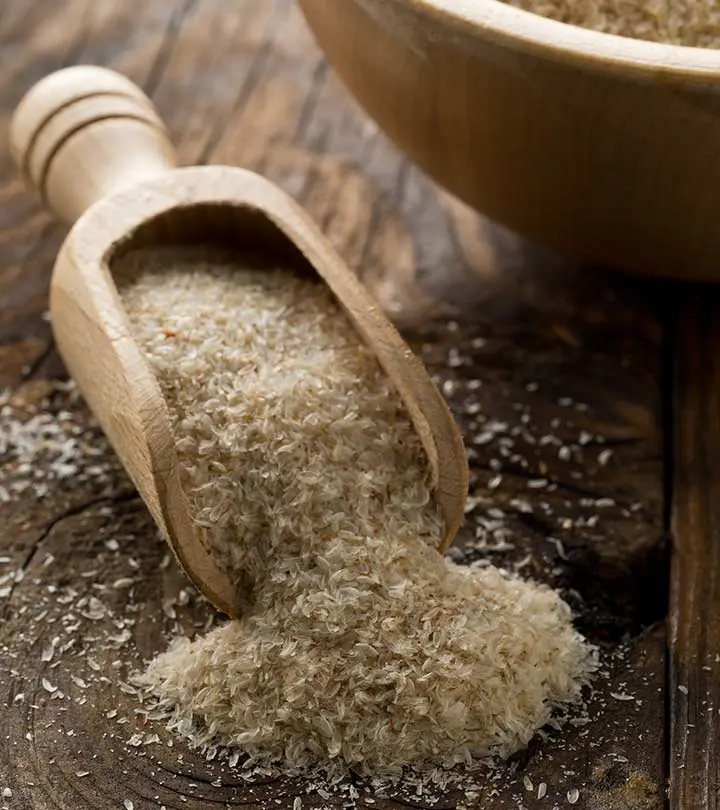

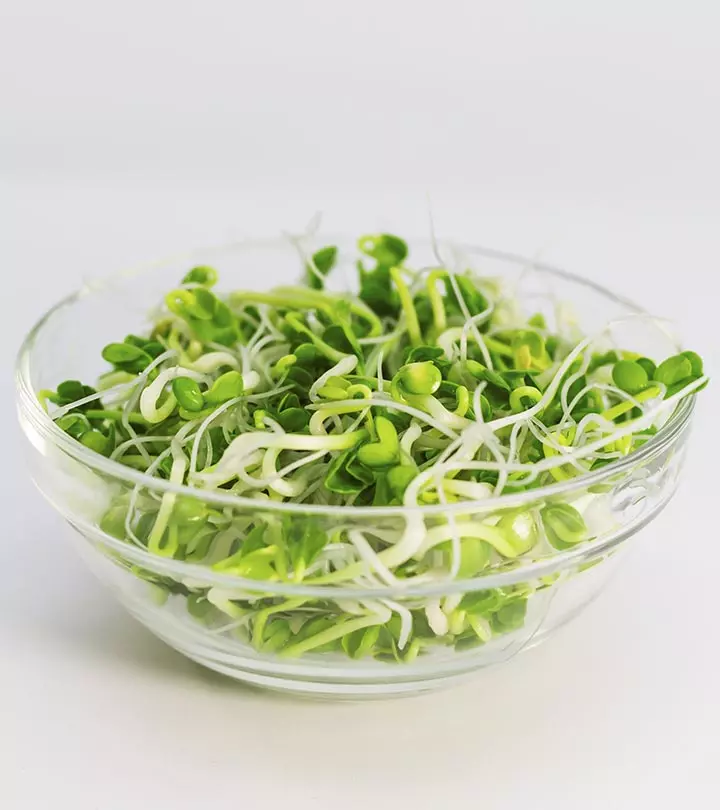

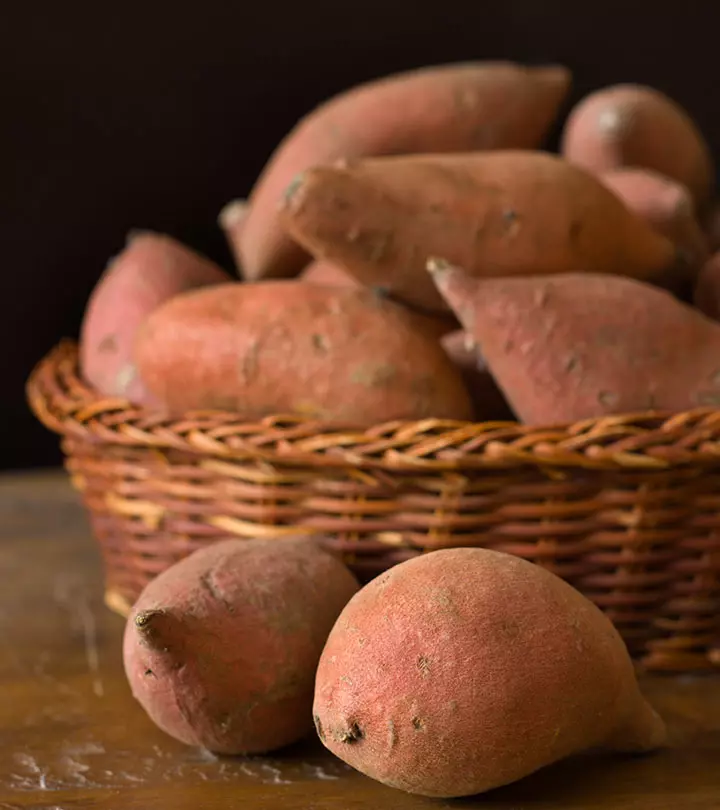
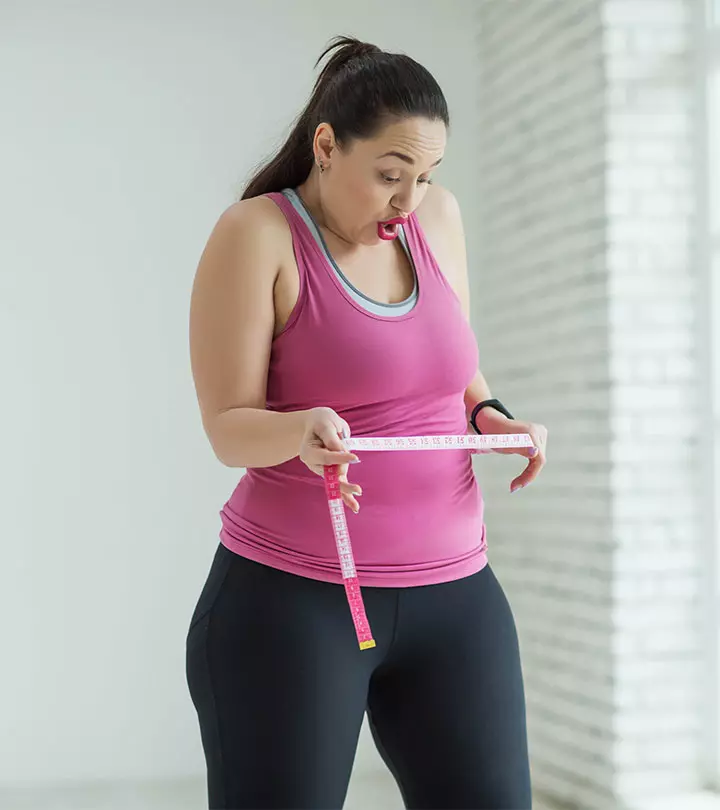
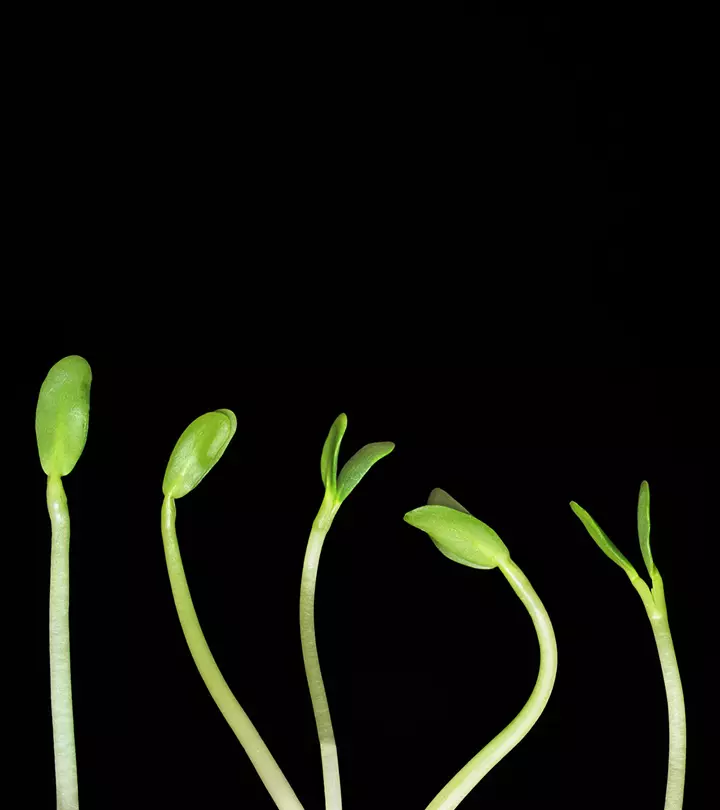

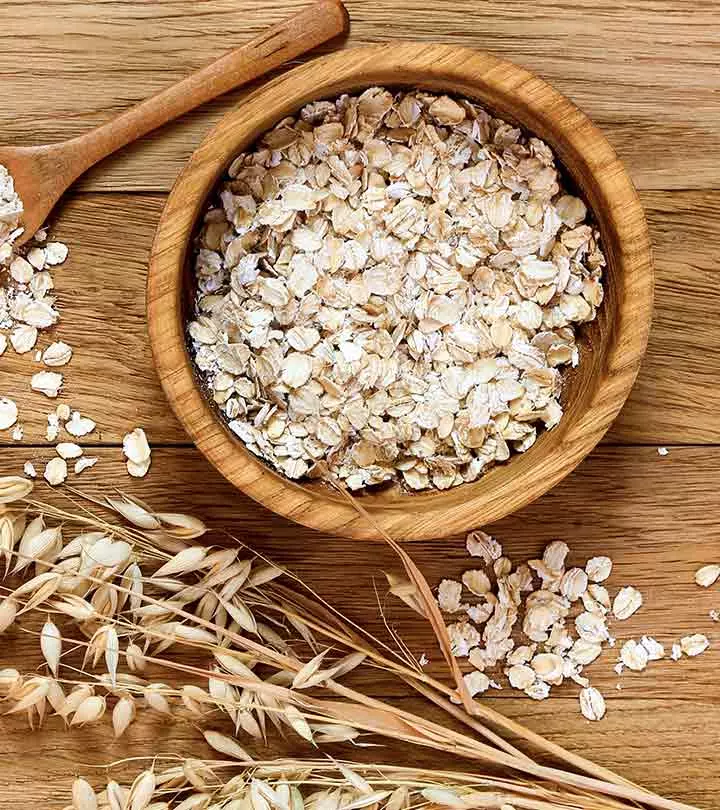


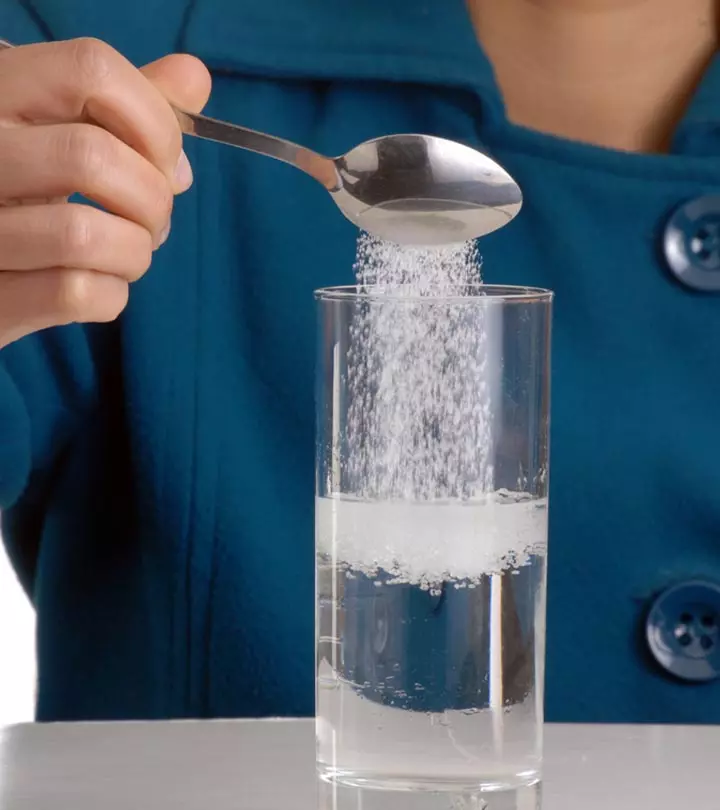




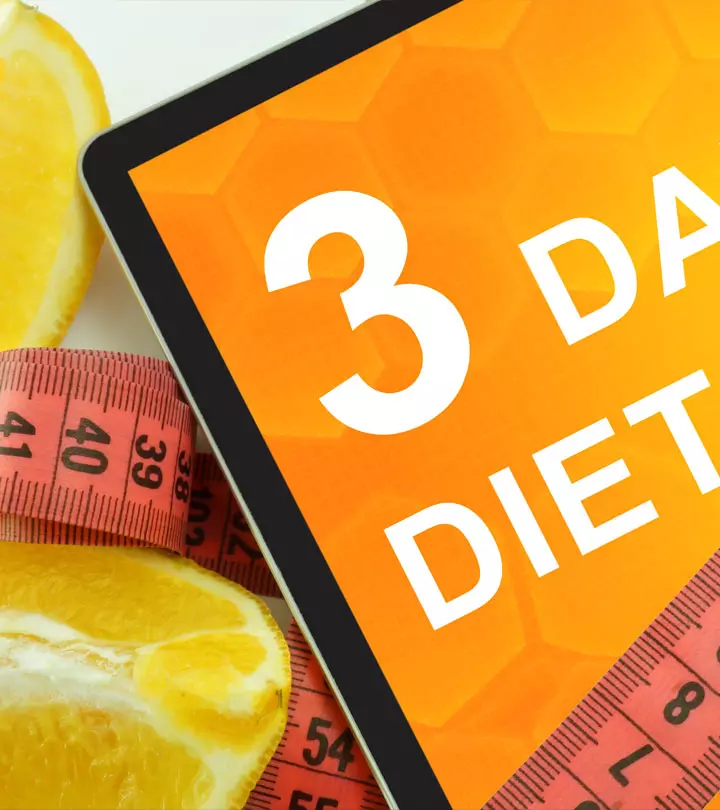




Community Experiences
Join the conversation and become a part of our empowering community! Share your stories, experiences, and insights to connect with other beauty, lifestyle, and health enthusiasts.